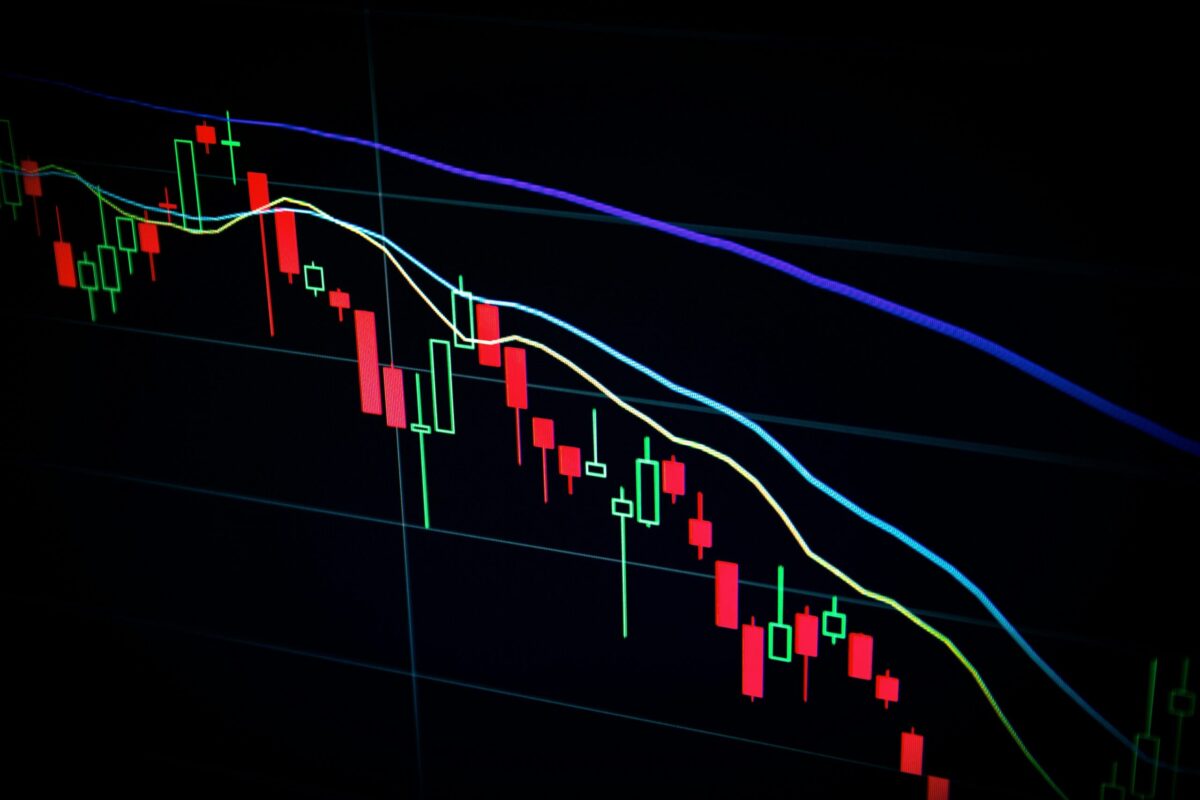Starting June 1, Hong Kong’s retail investors will be able to trade major cryptocurrencies such as Bitcoin and Ether, according to a new rulebook announced by the city’s Securities and Futures Commission (SFC).
Encouraging Crypto Firms, Protecting Investors
Hong Kong aims to attract crypto companies and provide investor safeguards with this latest regulatory framework. It’s part of an effort to re-establish Hong Kong as a leading financial hub while striking a delicate balance between embracing digital assets and maintaining financial stability.
The introduction of this new framework isn’t without its controversies, given the tumultuous crypto market in 2022 which led to significant bankruptcies, such as the collapse of FTX.
Trading Bigger Tokens with Safeguards
Hong Kong’s new approach allows individual investors to trade larger tokens on SFC-licensed exchanges. It incorporates protective measures like knowledge tests, suitable risk profiling, and reasonable exposure limits.
The selected cryptocurrencies must be included in at least two investible indices provided by independent bodies, one with a background in the traditional financial sector.
Monitoring Unlicensed Exchanges
From June 1, unlicensed exchanges actively targeting Hong Kong investors will be acting illegally. “We will be closely monitoring,” said Keith Choy, interim head of intermediaries at the SFC.
Hong Kong’s move towards a more favorable stance for crypto stands in contrast to its earlier skeptical approach, as well as to other regions’ strategies like Singapore’s proposed retail-investor curbs, or the ongoing crypto industry crackdown in the US.
Tension Among Other Asian Nations
In recent days, clashes between regulators and the crypto industry have emerged in Malaysia and the Philippines. Huobi Global, a significant crypto platform, was reprimanded by Malaysia for operating “illegally”. The Philippines, meanwhile, alleged that a non-US derivatives trading venue recently established by Gemini Trust Co. lacks the required permits for the nation.
Despite these controversies and the lingering effects of last year’s $1.5 trillion market crash, companies such as Huobi Global, OKX, and Amber Group have announced plans to apply for licenses under Hong Kong’s new regime.
Hong Kong Monetary Authority Chief Executive Eddie Yue has indicated that while the city aims to create an exciting ecosystem for crypto companies, light-touch regulation should not be expected.
As Hong Kong opens its doors to crypto, the world watches closely to see how this will affect the global crypto market and regulatory landscape.


